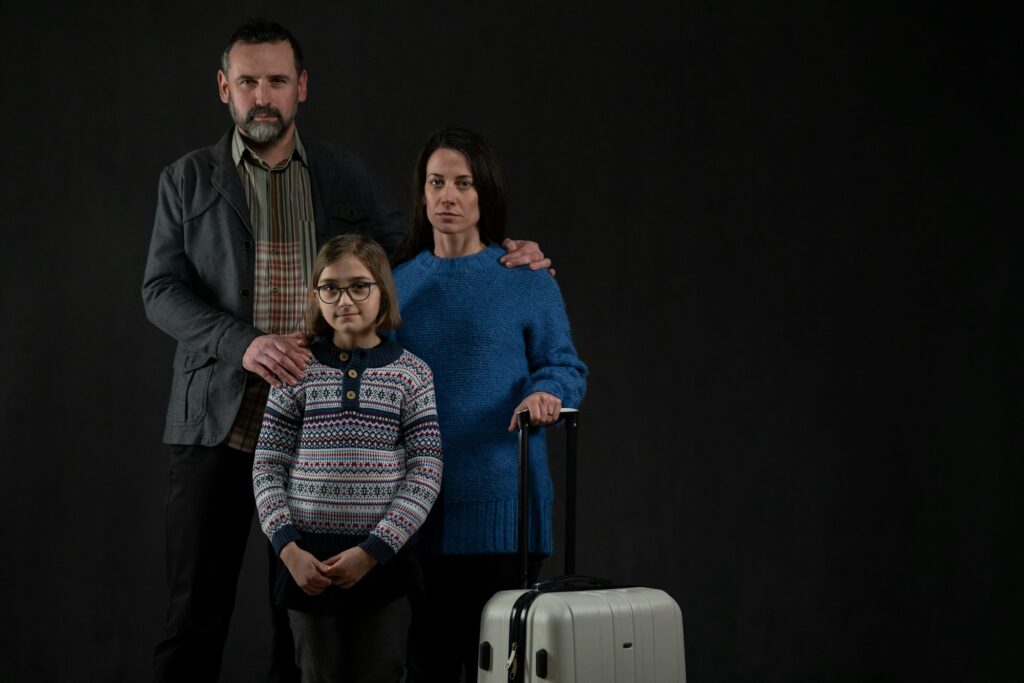Introduction
Lithuania’s Migration Department is under scrutiny for allegedly refusing to extend residency permits to Ukrainian refugees lacking valid biometric passports. The Red Cross has criticized this practice as unlawful, highlighting potential conflicts with both European Union directives and national laws regarding temporary protection.
Key Takeaways
✅ Residency Permit Refusals – Some Ukrainian refugees without valid biometric passports are reportedly being denied residency permit extensions.
✅ Red Cross Criticism – The Red Cross argues that such refusals violate legal protections granted under temporary protection status.
✅ Government Response – Lithuania’s Interior Minister asserts that valid travel documents are not required for Ukrainians under temporary protection.
✅ Legal Framework – EU law mandates that member states issue residency permits to individuals under temporary protection, regardless of passport validity.
✅ Case-by-Case Assessment – The Migration Department claims that each application is evaluated individually, denying allegations of systematic rejections.
Context and Legal Obligations
Following the escalation of conflict in Ukraine, the European Union activated the Temporary Protection Directive to provide immediate assistance to those fleeing war. This directive obligates member states to grant residency permits to eligible individuals, even if they lack valid travel documents.
Lithuanian law aligns with this directive, stating that travel document requirements do not apply to those under temporary protection upon arrival.
Red Cross Position
Viktor Ostrovnoj, head of the Asylum and Migration Program at the Lithuanian Red Cross, stresses that both EU and national laws mandate issuing residency permits to those under temporary protection, regardless of whether they hold a valid passport. Reports have surfaced from Ukrainian refugees who have been denied residency due to lacking proper documentation.
Government’s Stance
Lithuanian Interior Minister Alicija Ščerbaitė acknowledges the concerns raised but emphasizes that valid travel documents are not required for Ukrainians under temporary protection. She suggests that the reported cases may stem from misapplications of the law, rather than an official policy.
Migration Department’s Approach
The Migration Department maintains that it assesses each residency permit application on a case-by-case basis. While some applications may be refused due to specific circumstances, there is no blanket policy denying permits to those without valid biometric passports.
Implications for Ukrainian Refugees
The reported refusals have raised concerns among Ukrainian refugees residing in Lithuania, potentially discouraging them from applying for or renewing their residency permits. This could lead to increased vulnerability, lack of access to essential services, and difficulties in securing employment.
Opinion: Balancing Security and Humanitarian Obligations
While border security and immigration control are crucial, upholding humanitarian commitments is equally important—especially for individuals fleeing war. Lithuania’s adherence to EU directives on temporary protection is vital, but inconsistencies between policy and practice undermine its credibility.
Ensuring that officials involved in residency permit processes are properly trained in temporary protection regulations would help prevent unlawful refusals and strengthen Lithuania’s position as a country committed to both security and human rights.
Conclusion
The allegations against Lithuania’s Migration Department highlight the challenges of implementing temporary protection policies effectively. While legal guidelines are clear, their consistent application is crucial to protect the rights of refugees. Addressing these concerns transparently is essential for Lithuania to continue fulfilling its national and international obligations towards displaced individuals.










